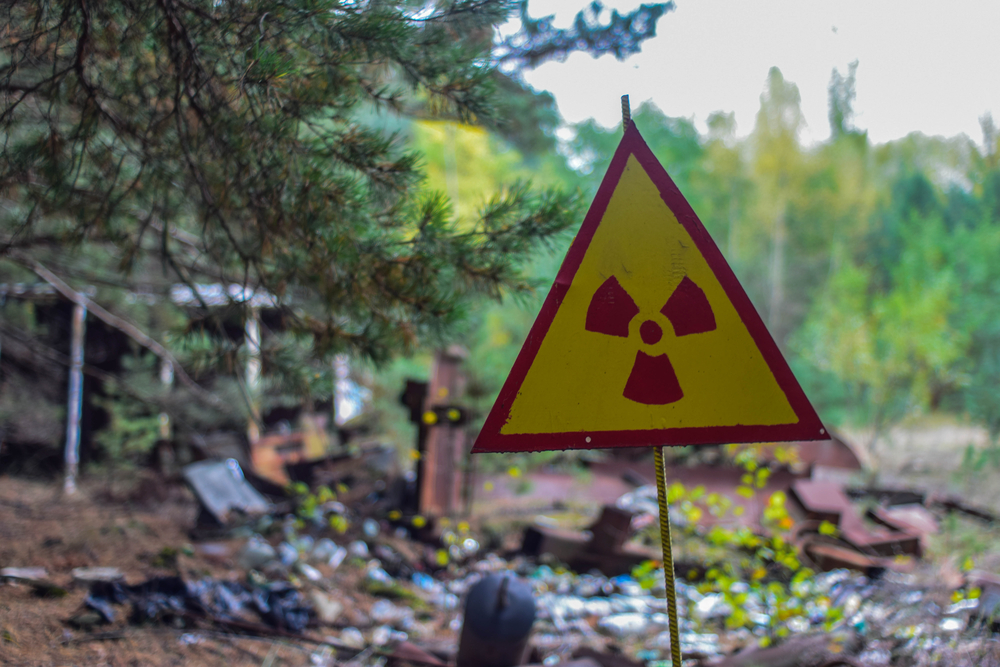
South Korea’s Electronics and Telecommunications Research Institute (ETRI) has developed a sensor that can withstand heavy radiation and detect differences in pressure and temperature.
The flexible film-like sensor is made of composite materials including graphene; Mxene, a two-dimensional ceramic material; and Ecoflex, a rubber-like bioplastic material. Its flexibility means it could be used as a patch adhered to a suit or other devices. Drexel University’s College of Engineering reported late last year that fabric coated with MXene is highly effective at blocking electromagnetic waves and potentially harmful radiation.
The sensor could be used in robots capable of carrying out missions inside a radioactive zone. For example, robots without such protection were destroyed by radiation inside nuclear reactors in Fukushima when they were attempting to locate and remove radioactive fuel rods. Researchers predict commercialization in two years.
“By utilizing the sensor’s superb capability to shield electromagnetic waves, we hope that people will work safely and conveniently in an environment with a lot of electromagnetic interference,” said ETRI researcher, Choi Chun-ki.
The sensor was tested at the Korea Atomic Energy Research Institute (KAERI) When the sensor received 20 kilograys of radiation using cobalt-60 for 24 hours, it remained operable.
As the sensor can be used for blocking off electromagnetic waves, it would be ideal for use in 5G communication devices, autonomous vehicles, and aerospace machinery. “This sensor will become useful in the fields of military and smart devices,” ETRI said.
